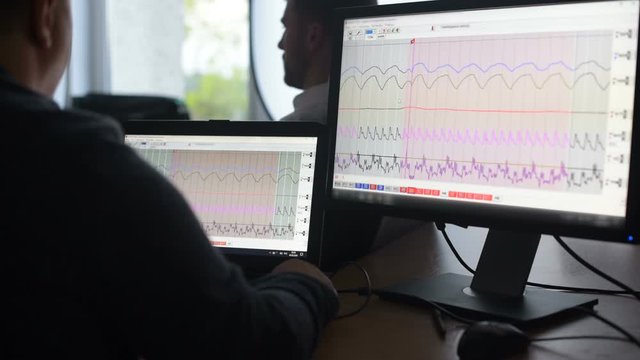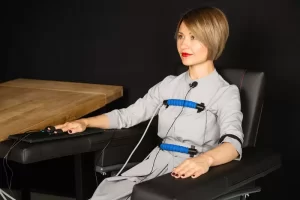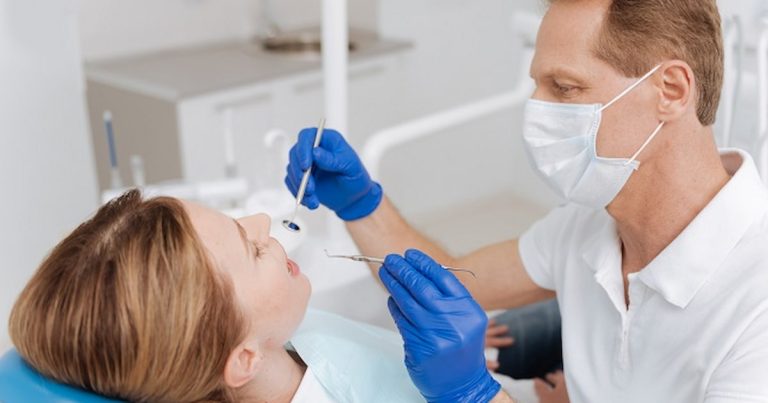In a period where fraud and deception present critical dangers to associations and people the same, the role of lie detector tests, or polygraphs, has become progressively noticeable. These devices at liedetectortest.com, which measure physiological reactions to decide honesty, have developed to act as basic instruments in detecting duplicity.
Understanding Lie Detector Tests
A Lie detector tests capability by observing physiological pointers, for example, pulse, circulatory strain, breath, and skin conductivity. The basic hypothesis is that misleading reactions trigger physiological changes that can be identified by the polygraph. During a test, a subject is posed a progression of inquiries while these markers are estimated. Deviations from gauge reactions, when contrasted with control questions, can recommend the presence of deception.
Application in Fraud Detection
In different areas, including money, protection and professional workplaces, fraud identification is a basic concern. Lie detector tests are progressively utilized to uncover fraudulent exercises by assessing the honesty of people associated with monetary exchanges, protection claims, or inner examinations. By recognizing irregularities in reactions, associations can explore further or go to preventive lengths.
Enhancing Investigations
Polygraphs are an important device in the insightful cycle. At the point when a fraud or deception case emerges, lie detector tests can give extra proof that supplements other insightful procedures. They are not trustworthy, but they can assist with reducing suspects or checking data. For example, in the event that a representative is associated with stealing reserves, a polygraph test can be utilized to survey their honesty in regards to their contribution. This can help examiners in zeroing in their endeavors on trustworthy leads and staying away from pointless diversions.

Limitations and Controversies
While lie detector tests offer important experiences, they are not without impediments and contentions. The exactness of polygraphs is discussed, with certain specialists scrutinizing their unwavering quality because of likely misleading up-sides or bogus negatives. Factors, for example, the person’s close-to-home state or ailments can influence physiological reactions, possibly slanting outcomes. Furthermore, lawful and moral issues emerge in regards to the acceptability of polygraph brings about court and the potential for abuse in high-pressure circumstances.
Lie detector tests at liedetectortest.com assume a pivotal role in detecting fraud and deception by giving experiences into the honesty of people through physiological checking. While they are not without limits, they act as a huge device in supplementing other insightful techniques and improving the precision of fraud location. As innovation and methods advance, the role of polygraphs in fighting fraud and deception is probably going to keep adjusting, offering important help in the journey for truth and responsibility.


























